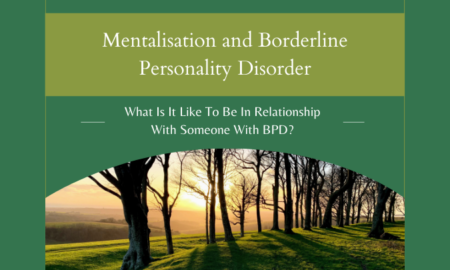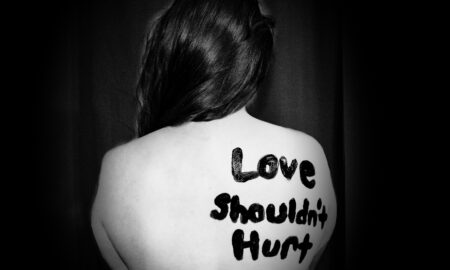Abuse

In a Relationship with Someone with BPD?
Being in a relationship with someone who has Borderline Personality Disorder (BPD) can be emotionally intense and, at times, confusing. You may experience moments of deep connection, only to be…

How To Spot Emotional Abuse
Never feeling good enough. Doubting yourself and wondering where you have gone wrong. Walking on eggshells. Watching what you say and changing your behaviour to avoid being reprimanded. If any…
Ready to Make a Change? Book an Initial Consultation Today
If you have any questions at all about therapy or would like to make an appointment, get in touch. I will usually be able to respond to you within 24 hours.
